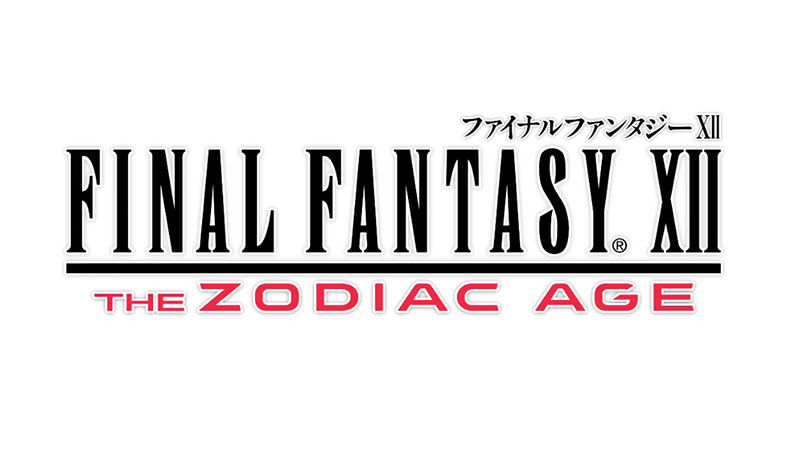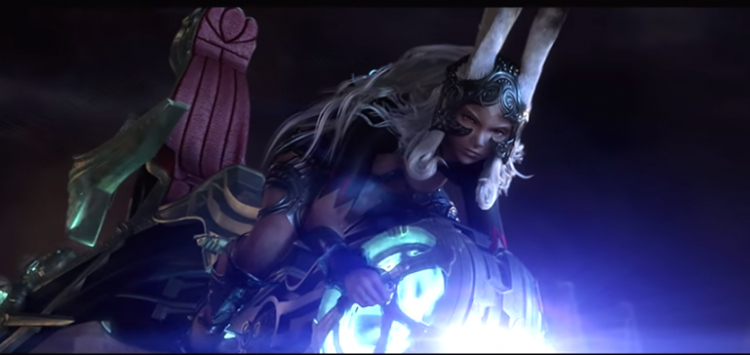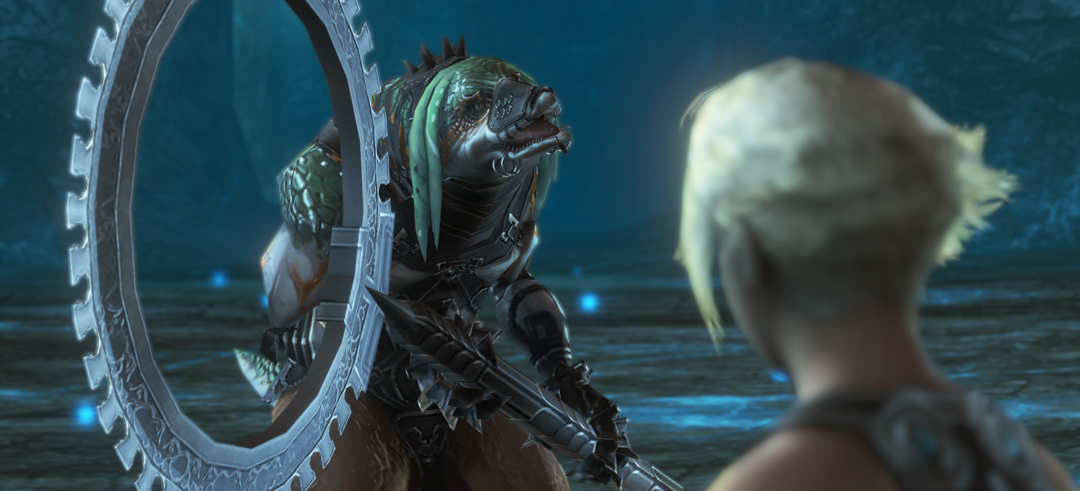If you’re a regular consumer of ported Japanese media, you’re familiar with the deep-rooted sub vs dub argument. Lots of purists will say that subs are the only way to go with Japanese media, while other fans say that dubs can add a lot of depth and nuance to writing and dialogue for English speakers.
No matter which side you take in this debate, you need to be using English dubs if you’re playing Final Fantasy 12: The Zodiac Age. Even if you normally prefer sticking to the original Japanese language, the English dub for this game is so well done that it deserves your attention — and in some ways is better than the Japanese dub.
Richer Regional Accents
Perhaps the most prominent aspect of the English dub for FF12: TZA that sets it apart is its excellent use of regional accents. Similar to the accents used in animes like Baccano and Hellsing Ultimate, the regional accents of this FF remake add a touch of flavor that English speakers wouldn’t be able to discern in the Japanese dub.
With FF12‘s English dub, each nation and culture has its own unique accent. From the moment of a character’s introduction, you can immediately tell which nation they hail from — which adds even more depth to the already standout vocal performances of the main characters, Balthier and Fran.
Balthier’s English accent, for example, is the national accent in Archadia. So it foreshadows his reveal as a former Archadian judge. And while Fran’s accent doesn’t hint at any twist in her backstory, it does add an exotic flair to the Viera race that’s missing from the Japanese dub.
The Japanese voice acting isn’t bad per say, just very lacking. The language itself isn’t as naturally predisposed toward accents as English is, with rigid rules about pronunciations. “A” must be pronounced as “ah”, for example, E must be pronounced as “eh”, and so on. Different accents in Japanese tend to differ more in delivery and slang than phonetic pronunciation. Variations on pronunciation are definitely there, but they’re very hard for non-fluent speakers to pick out.
Better Dialogue
Aside from the more distinct regional accents, the quality of the dialogue also sets FF12‘s English dub a league above its Japanese counterpart. In the Japanese dub, dialogue is purely functional — it’s cut and dry, giving exposition when needed and engaging the characters in conversation when required. But outside of that, there’s very little substance and flavor.
The English dub, on the other hand, feels much richer and more fleshed out. There are more conversations and exposition aspects, as well as some extra lines here and there that serve to better immerse the player into the world of Ivalice.
Improved Voice Acting
It’s not just the dialogue that’s better about the English dub for FF12. The voice acting is also significantly improved from the Japanese version — which when combined with the richer accents and nuanced writing, creates a much better listening experience overall.
The Japanese dub falls into the trap of using archetypal anime voices. You know exactly what these are — typical voices and inflection patterns that align with specific types of characters. Vaan has the typical male protagonist voice, Penelo has that one-dimensional youthful teen voice, Fran boasts the mature female voice, Basch has the deep, grown male voice…you get the gist.
But that’s not the case with the English dub. Each character has a multi-faceted vocal performance that brings them to life rather than simply settling them into unoriginal tropes. Balthier especially benefits from the English dub, as he gets a very suave characteristic to his voice lines. This suaveness is missing in his Japanese version, making the character more generic and less engaging overall. That’s part of why Balthier is beloved in English-speaking countries, but is less so in Japan.
A More Engaging Experience Overall
FF12: TZA‘s localization has made a ton of improvements over the Japanese version, especially with the richness of its dialogue and variance in its voice acting. And because of these improvements, the localization for this game has been hailed as one of the best JP to EN ports in a long time.
With that in mind, there’s little reason to play the Japanese dub over the English dub, even if you are a purist. Unless you simply prefer the sound of flat Japanese voice-overs, the English version is the way to go for this remastered FF12 adventure.









Published: Jul 12, 2017 04:07 am